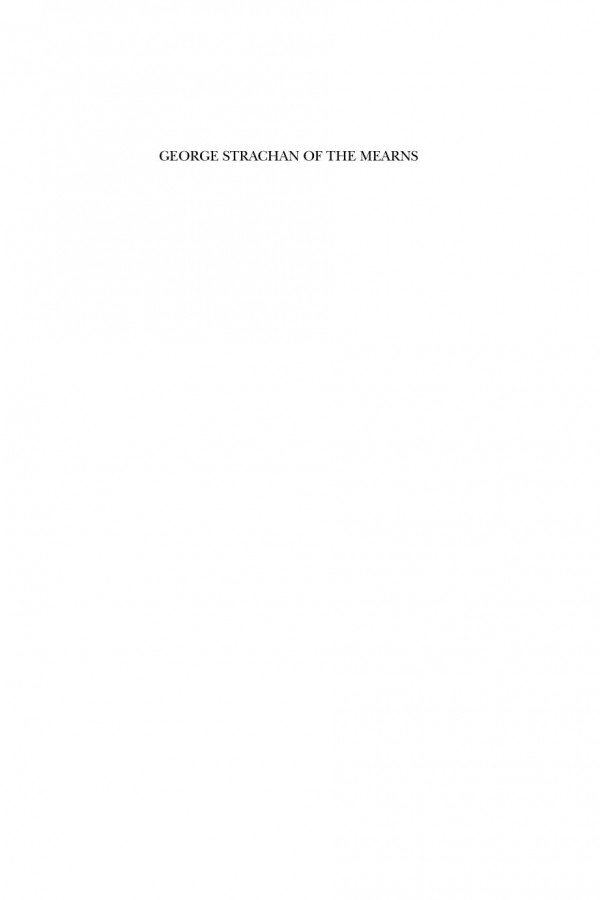

Most ebook files are in PDF format, so you can easily read them using various software such as Foxit Reader or directly on the Google Chrome browser.
Some ebook files are released by publishers in other formats such as .awz, .mobi, .epub, .fb2, etc. You may need to install specific software to read these formats on mobile/PC, such as Calibre.
Please read the tutorial at this link: https://ebookbell.com/faq
We offer FREE conversion to the popular formats you request; however, this may take some time. Therefore, right after payment, please email us, and we will try to provide the service as quickly as possible.
For some exceptional file formats or broken links (if any), please refrain from opening any disputes. Instead, email us first, and we will try to assist within a maximum of 6 hours.
EbookBell Team

5.0
88 reviewsThe book explains the voyages that the Catholic exile took to many of the Catholic courts of Europe as a scholar and spy before turning eastwards to embark upon a 22 year journey around the Ottoman, Safavid and Mughal empires. By becoming fully literate in Arabic and Farsi he was able to gain a unique knowledge of Eastern societies. Strachan’s collection of Arabic and Farsi texts on Islam, philosophy and humanities, which he translated and sent to Europe for the advancement of European knowledge of Islam and Islamic societies, became Strachan’s real intellectual legacy.
Tom McInally provides further insight into King James VI’s dealing with the papacy in the years immediately before his accession to the English throne. He explains European traders’ involvement in the Silk Road and provides an insight into the early ventures of the East India Company in Iran and India<. He outlines Catholic missionary involvement and progress in the Middle East and India in the early 17th century and lists the surviving Arabic and Persian manuscripts that Strachan donated to scholars in Rome. He shows, through the example of Strachan’s own family, the pressures on some of Scotland’s aristocracy and gentry to convert to Calvinism from ‘the Old Faith’